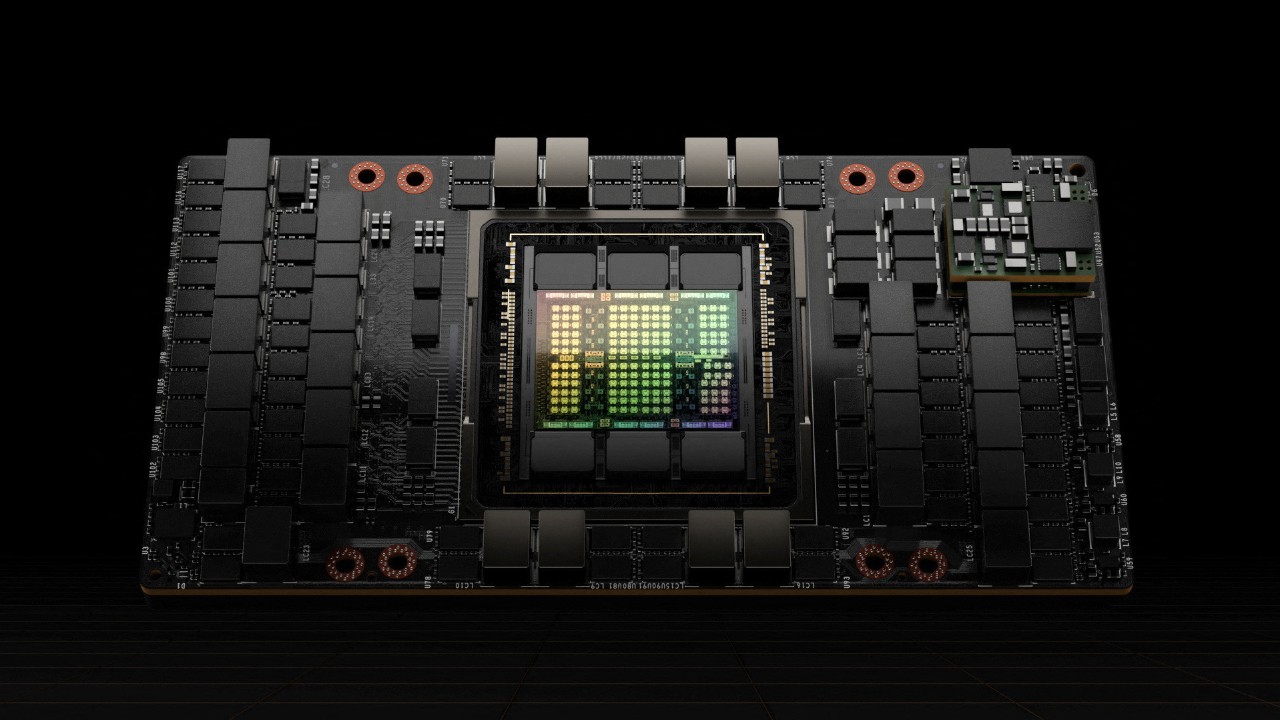TSMC warns NVIDIA AI GPU shortage may persist until 2025, here's why
TSMC, the prominent semiconductor manufacturing company, has issued a cautionary notice that the shortage of AI GPUs from NVIDIA and other manufacturers may extend until 2025.

In the semiconductor industry, TSMC (Taiwan Semiconductor Manufacturing Company) has officially acknowledged the substantial demand emanating from the AI sector, which has placed significant strain on its supply chain. This has led to concerns that the shortage of AI GPUs from NVIDIA and other manufacturers may persist for up to 1.5 years.
TSMC warns NVIDIA AI GPU shortage may persist until 2025, here's why
Speaking at Semicon Taiwan, TSMC's chairman, Mark Liu, revealed that the company has experienced a sharp increase in orders from NVIDIA and its partners. This surge in demand is primarily attributed to the growth of GenAI development, which relies heavily on substantial computing capabilities. TSMC identified a bottleneck in its CoWoS (Chip on Wafer on Substrate) packaging process, and it did not anticipate such a substantial surge in orders extending into 2023.
TSMC has received three times its usual volume of orders, particularly for its CoWoS packaging services, as this process plays a crucial role in the production of AI GPUs. The company is actively working on expanding its facilities to meet the demand generated by the AI sector, with plans to double production by 2024. However, even with these efforts, it's anticipated that the shortage may persist for an extended period.
The CoWoS packaging facilities at TSMC are primarily occupied by significant orders from NVIDIA for its AI GPUs. While expansion plans are underway, these are long-term endeavors, and NVIDIA, currently a focal point in the industry, cannot afford to compromise on time. Consequently, companies like Intel and Samsung are reportedly collaborating with NVIDIA to secure their share of the burgeoning demand for AI components, including HBM (High Bandwidth Memory) and GPU packaging.
Recent developments have seen Samsung acquiring a substantial portion of HBM memory orders from NVIDIA, with an eye on taking responsibility for 2.5D packaging. Additionally, Intel Foundry is gearing up for increased production, focusing on enhancing its packaging facilities to cater to the demand, particularly from NVIDIA.
Both AMD and NVIDIA have expressed ambitious revenue goals in the AI sector, envisioning growth into the hundreds of billions of dollars. However, these aspirations may face challenges due to ongoing supply constraints and the time-intensive nature of setting up new semiconductor fabs and plants, which typically takes several years.
NVIDIA's ambitious plans include selling 1.5 to 2 million H100 AI GPUs by 2024, necessitating a diverse and extensive supply chain. This could potentially lead to a shift in the industry landscape, favoring new entrants seeking to address the surging demand for AI-related components.

 Apple faces challenges after the decision taken in ChinaHardware
Apple faces challenges after the decision taken in ChinaHardware






